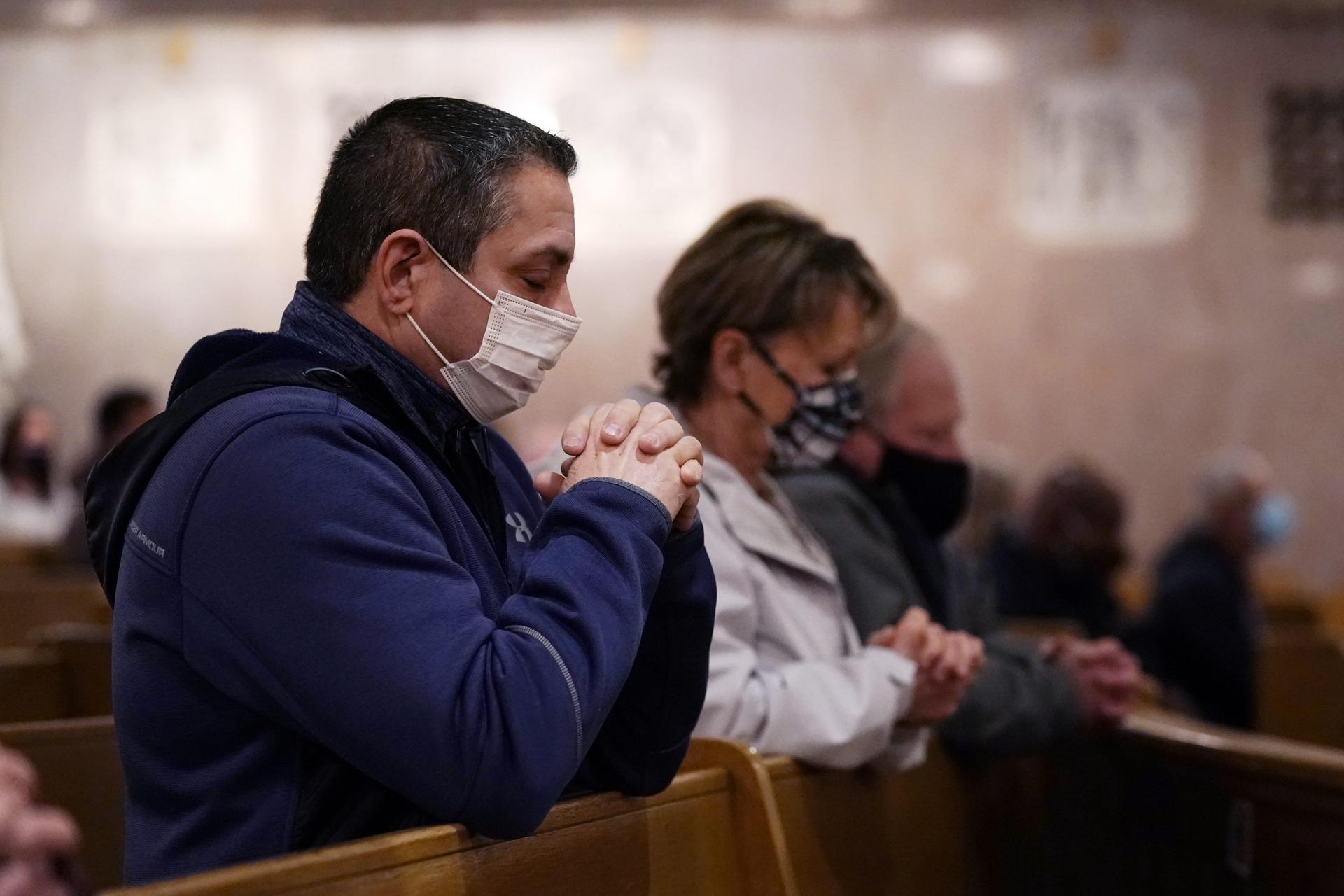This Sunday, we return to the season of Ordinary Time. During this season, we hear the teachings of the Lord Jesus again and are invited to recommit ourselves to him. As we accept this invitation, we begin (or begin anew) a process of conversion.
Conversion is supposed to be a regular part of the Christian way of life, since we are called every day to die to ourselves and live only for Jesus Christ. Such a process is rarely easy, and is oftentimes marked with difficulty.
The spiritual tradition of the Church calls such difficulty the purgative way. The purgative way is the interior purification of our souls as we pursue greater union with God. In the purgative way, God’s grace leads us through a re-living of the Paschal Mystery – Christ’s own passion, death, and resurrection – which purifies, heals, and reconstitutes who we are in Jesus Christ.
While our feelings may not experience it, God is close to us in the purgative way and is able to bring about a greater work within us than during times of consolation. It is very important that we realize the place and purpose of the purgative darkness in our souls.
Many times, those in this phase of the purgative way, falsely believe that it’s a sign that they have done something wrong, or have offended God, or have been abandoned by him. None of these are true. In the purgative way, we must exercise the infused virtues of faith, hope, and love. We must cling to the sure knowledge of the workings of grace within us. We must persevere through this supernatural version of surgery on our souls, with its anesthesia and all.
While we walk through the purgative way, God heals our wounds, lessens our egotism, grows our spirit, exposes our inordinate self-love, and names any bad spirits within us. He shows us the harm caused by sin.
In the purgative way, we struggle and wrestle to abandon sin and our wayward attraction to sin. A yearn for growth in the supernatural life is expanded and intensified. We pine to live fully as the children of God and want to love the Lord Jesus with all our being and greatly desire to live by a life in the Spirit.
The purgative way is neither easy nor comfortable. God lets us fully experience our own weakness and our total helplessness before him. There is spiritual suffering, a death to ourselves, our emotions, and our self-absorption, a total and heartfelt exercise of faith in God alone, a complete trust in him, and a radical desire to love God for himself and for no other reason. It is an outpouring of ourselves to God. It is the workings of grace forming us into an oblation, a living sacrifice, to the eternal God.
As God works in our souls in the purgative way, he is present to us (although veiled) and his grace is actively working to bring forth a new identity within us. Such a process can be a time of great anxiety and restlessness. As such, the purgative way is a time for us to remain vigilant and to pray for the graces of perseverance.
After some duration in the purgative way, God will grant an actual grace of illumination. We will understand some truth of the supernatural life in a profoundly interior and robust way. It might be something we already cognitively knew or thought we understood, but the illumination deepens or brightens our understanding of it. After an illumination, it is common that the soul will be taken back to the purgative way and the process repeats itself as the soul cooperates with grace and grows in the supernatural life.
This is the journey of conversion in Jesus Christ. It is the gradual process by which grace heals and restores the divine life within us.
As we seek to draw closer to the Lord Jesus and follow the path of conversion, purgative way and all, we are given encouragement and hope by the Church’s season of Ordinary Time.
In this Sunday’s Gospel Reading in particular, we see the Lord Jesus in Cana. He transforms water into wine. As we say “yes” to the invitation to follow the Lord Jesus and allow the process of conversion to work in our own lives, so we will see a similar type of transformation in ourselves as brokenness is healed, sin is replaced by grace, and the wayward or distracted become manifested as the children of God.
Follow Father Jeffrey Kirby on Twitter: @fatherkirby














